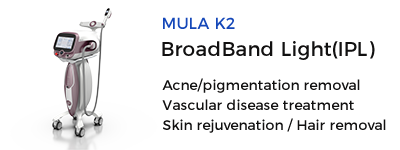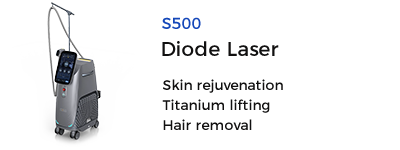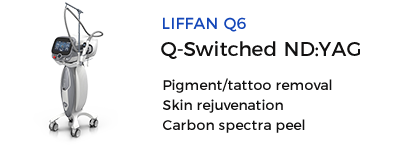Topical vs. Oral Acne Treatments- Pros and Cons
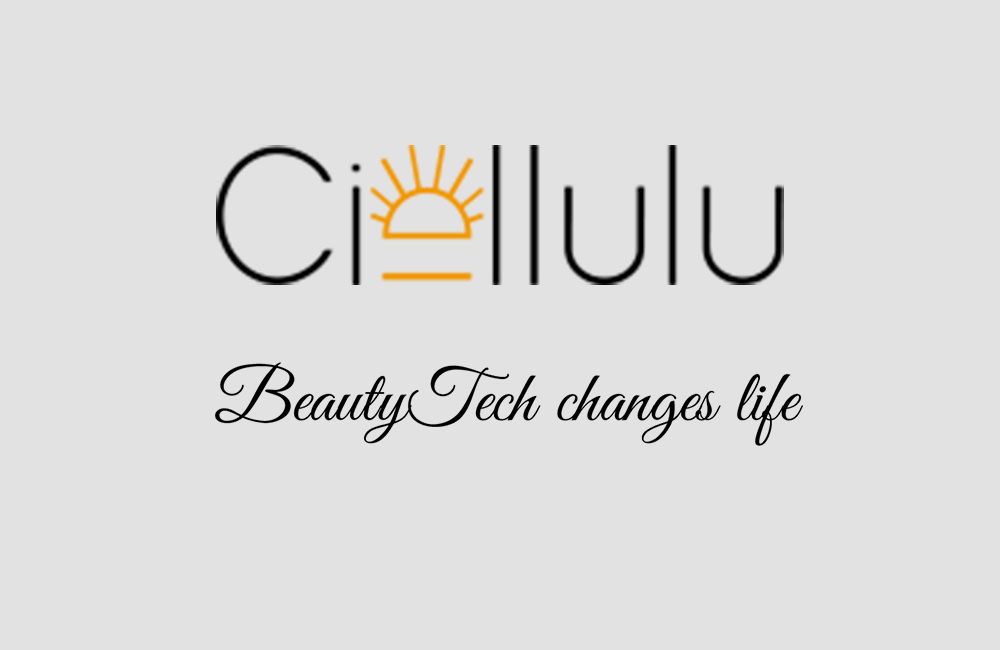
Topical vs. Oral Acne Treatments- Pros and Cons
Topical vs. Oral Acne Treatments: Pros and Cons
Acne is a common skin condition that affects millions globally, regardless of age. To combat this persistent issue, various treatment options are available, primarily categorized into topical and oral treatments. Both types have their unique pros and cons, and the choice between them often depends on the severity of the acne and individual skin types. Additionally, technological advancements like the IPL photofacial machine have introduced new ways to manage acne and its aftereffects.
Topical Acne Treatments
Topical treatments are applied directly to the skin. These include creams, gels, ointments, and lotions formulated with active ingredients like benzoyl peroxide, salicylic acid, and retinoids.
Pros: 1. Localized Treatment: Topical applications target specific areas, reducing the spread and minimizing side effects compared to systemic treatments. 2. Accessibility: Many topical treatments are available over-the-counter, making them easier to obtain and use. 3. Combination Therapy: They can be used in conjunction with other treatments, including oral medications and advanced therapies like IPL for acne scars, for enhanced effectiveness.
Cons: 1. Skin Irritation: These treatments can cause dryness, redness, and peeling, especially if you have sensitive skin. 2. Slow Progress: Visible results may take several weeks to months, requiring consistent application and patience. 3. Limited to Surface: Topical treatments may not effectively address severe or cystic acne, which often requires deeper intervention.
Oral Acne Treatments
Oral treatments involve ingesting medication to tackle acne from within. The most common oral treatments include antibiotics, hormonal treatments like birth control pills, and isotretinoin.
Pros: 1. Effective for Severe Acne: Oral treatments can address severe cases of acne that topical treatments might not be able to manage. 2. Comprehensive Approach: These medications target underlying causes such as bacterial infections and hormonal imbalances. 3. Longer-Term Results: Oral treatments often result in prolonged improvements after the completion of the course.
Cons: 1. Systemic Side Effects: Oral medications can cause various side effects, ranging from gastrointestinal issues to more severe complications like liver toxicity. 2. Prescription Needed: These treatments often require a doctor's prescription and ongoing medical supervision. 3. Not for Everyone: Certain individuals, such as pregnant women or those with specific health conditions, may not be suitable candidates for oral acne medications.
Advanced Treatments: IPL Photofacial Machine and More
In addition to topical and oral treatments, advanced technologies like the IPL (Intense Pulsed Light) photofacial machine offer promising results for acne sufferers. IPL treatments, including vascular laser treatment and skin whitening treatment, are gaining popularity for their efficacy in treating acne and the hyperpigmentation it leaves behind.
Pros of IPL Treatment: 1. Non-invasive: Unlike traditional laser treatments, IPL is less invasive, entailing minimal downtime. 2. Address Multiple Issues: IPL can effectively reduce acne scars, pigmentation, and improve overall skin texture. 3. Quick Results: Patients often notice an improvement after just a few sessions, with "IPL laser before and after" images showing remarkable changes.
Cons of IPL Treatment: 1. Cost: IPL treatments can be expensive, and multiple sessions are usually required for optimal results. 2. Accessibility: Finding a qualified practitioner with a high-quality IPL machine for sale may be challenging in certain regions. 3. Skin Sensitivity: Some individuals may experience temporary redness, swelling, or sensitivity post-treatment.
Conclusion
Choosing between topical and oral acne treatments—supplemented by advanced options like IPL photofacial machines—depends on individual needs, skin type, and the severity of the acne. Topical treatments offer a localized, accessible solution with fewer systemic side effects, while oral medications provide an effective approach for severe cases. Meanwhile, IPL and other high-tech treatments can address residual acne scars and improve skin tone and texture.
Consulting with a dermatologist will provide the most personalized and effective treatment plan, balancing immediate needs with long-term skin health.

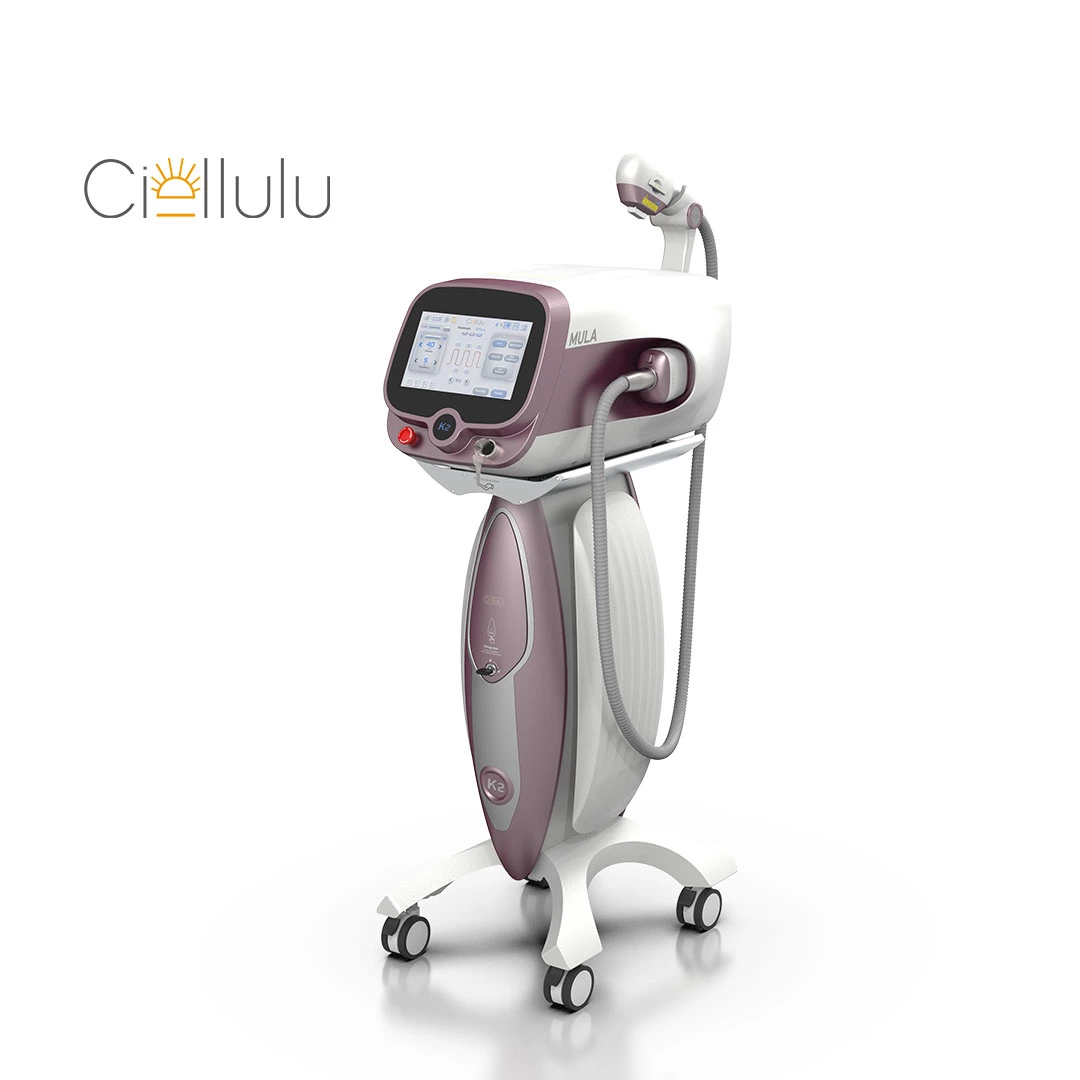
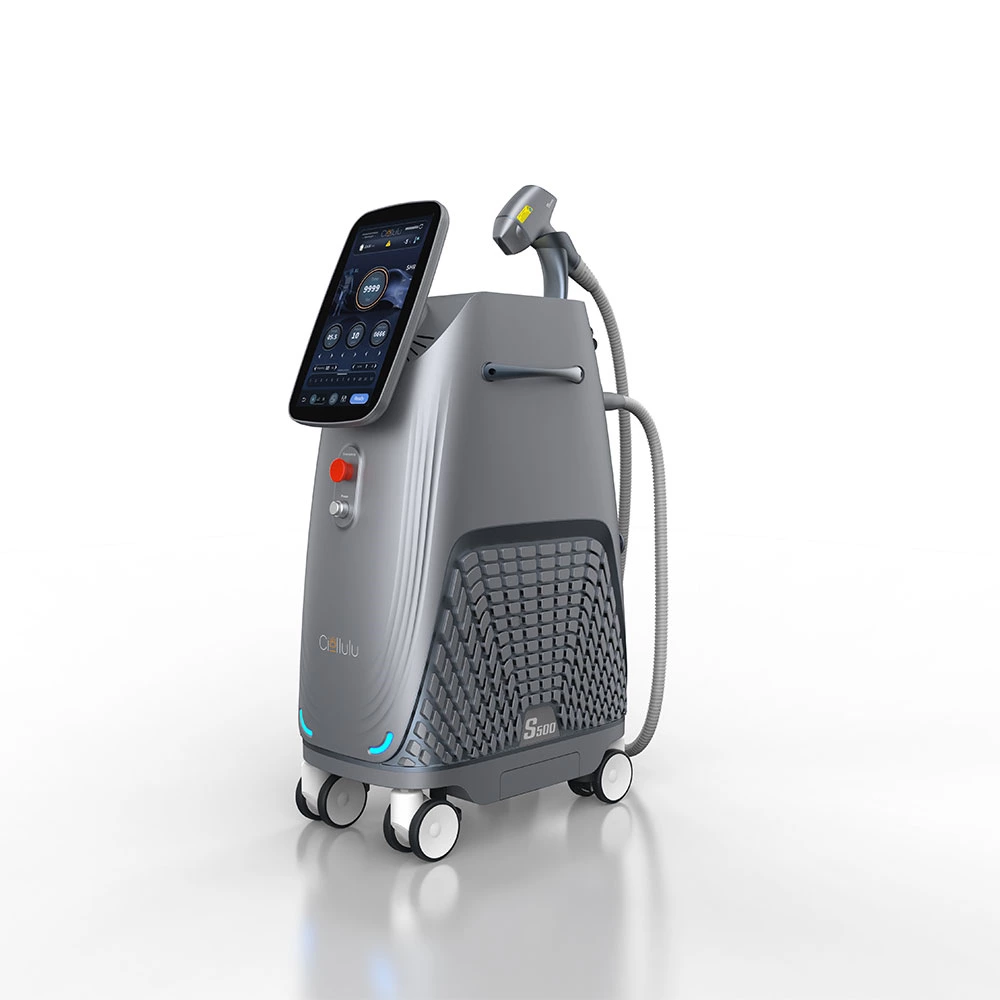
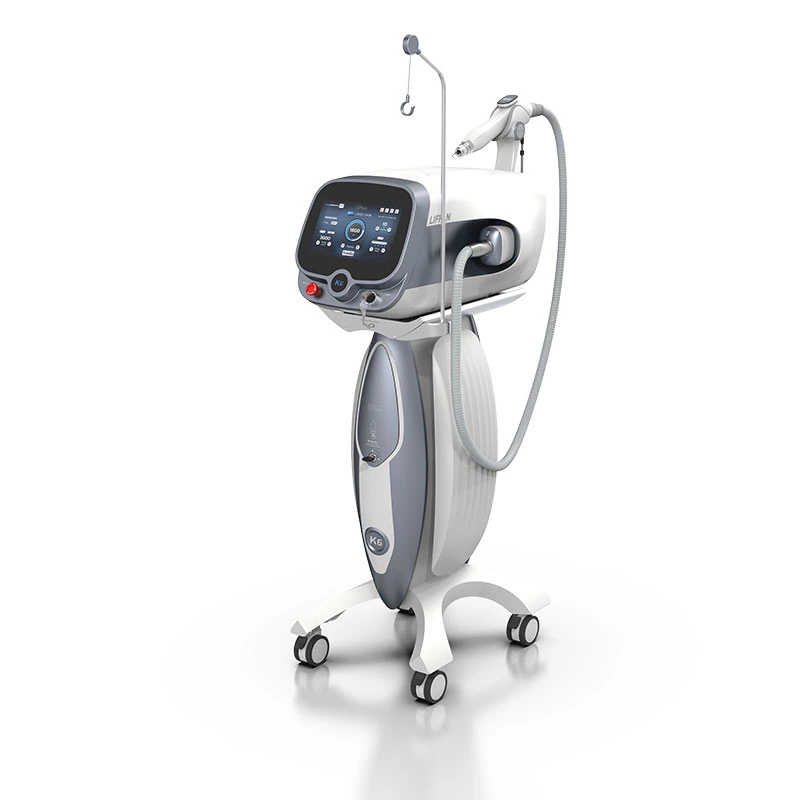
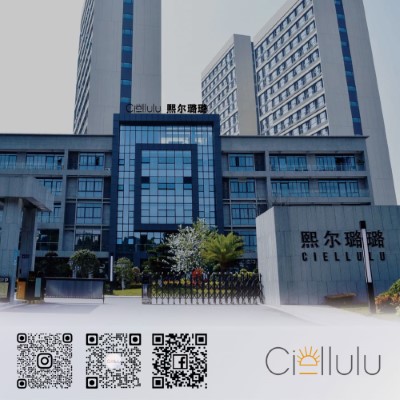 Ciellulu Laser - Facial Machine Supplier
Ciellulu Laser - Facial Machine Supplier